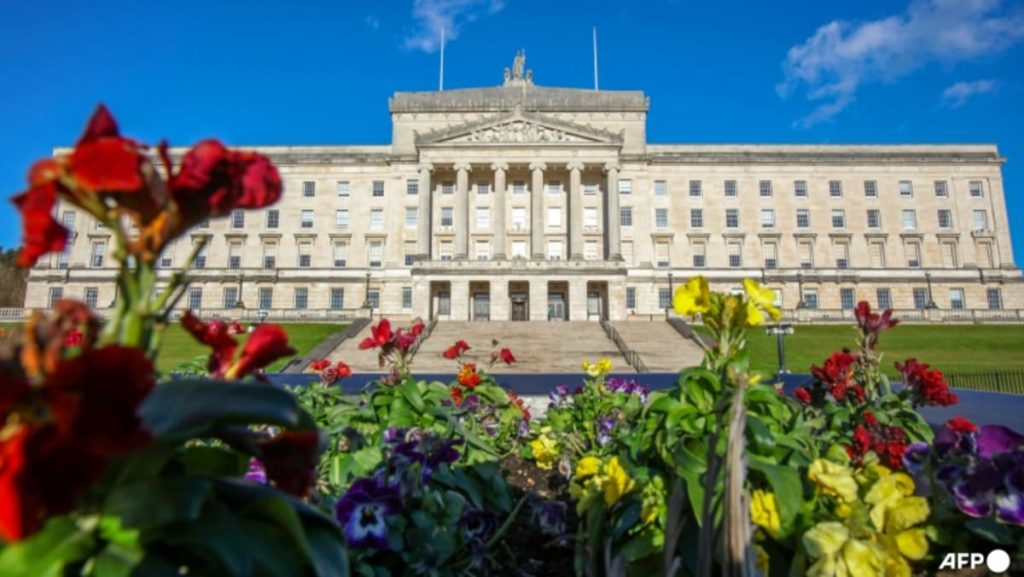The recent ruling by Northern Ireland’s High Court has declared that parts of the UK’s Illegal Migration Act, which prevents asylum claims for those arriving illegally in the country, cannot apply in Northern Ireland as they undermine human rights protections guaranteed in post-Brexit arrangements. The controversial Rwanda deportation scheme, which aims to deport asylum seekers to Rwanda, has been deemed unworkable in the region due to this ruling. Despite this, UK Prime Minister Boris Johnson has insisted on pressing ahead with the scheme, stating that it changes nothing about the government’s plans to deport asylum seekers to Rwanda.
Political parties in Northern Ireland, which has a separate legal system from England and Wales, have raised concerns about the legality and human rights implications of the deportation plan. The ruling by the High Court comes after a series of legal challenges to the UK government’s efforts to reduce irregular migration, particularly across the Channel from northern France. In November last year, the UK Supreme Court ruled the deportation plan was illegal under international law. However, recent legislation deeming Rwanda a safe country has allowed the government to proceed with deportation flights.
The Windsor Framework, which governs post-Brexit arrangements in Northern Ireland, ensures that rights safeguarded by the region’s 1998 peace agreement are not reduced, even if this means diverging from the rest of the UK. The Northern Ireland Human Rights Commission argued that the Illegal Migration Act breaches the UK’s domestic and international obligations under this agreement. The High Court’s ruling highlights the potential conflicts between the UK’s immigration policies and its commitments under post-Brexit arrangements, raising questions about the government’s approach to migration and asylum issues.
Despite the legal challenges and concerns raised by political parties and human rights organizations, Prime Minister Johnson has remained committed to the deportation scheme. He has announced an appeal against the High Court’s ruling, emphasizing that the government will not be deterred from its plans to deport asylum seekers to Rwanda. The ruling has sparked debates about the impact of UK immigration policies on human rights protections in Northern Ireland and the wider implications for post-Brexit arrangements. As the legal battle continues, the future of the deportation scheme and its compatibility with human rights laws remain uncertain.













